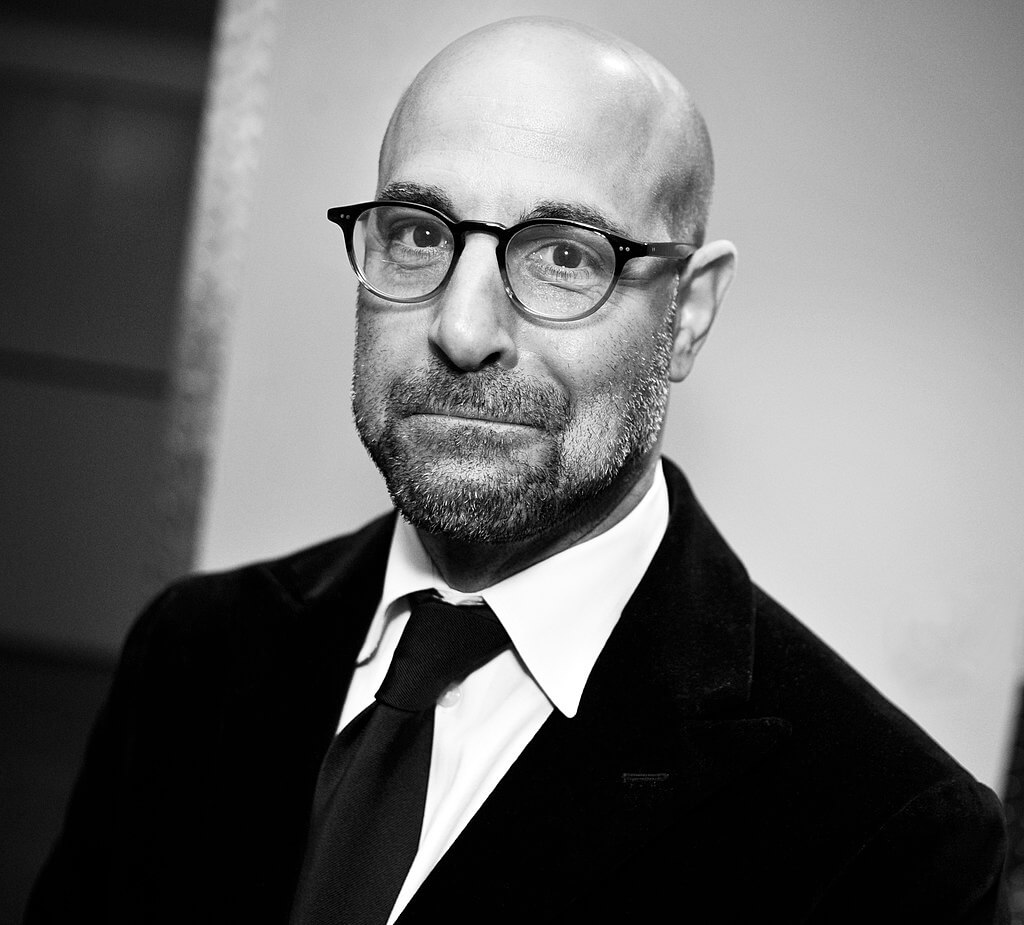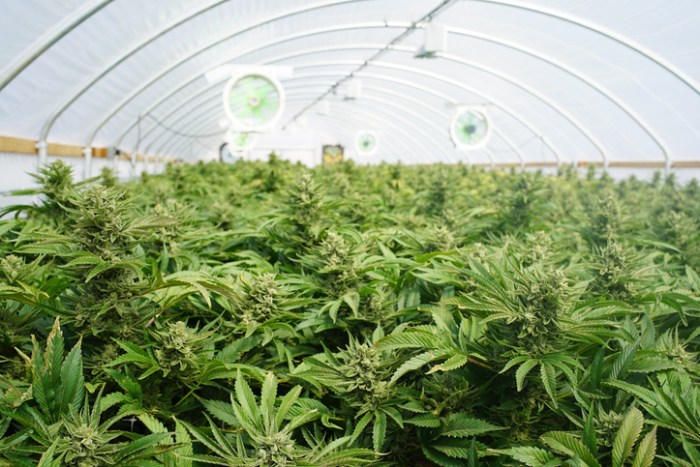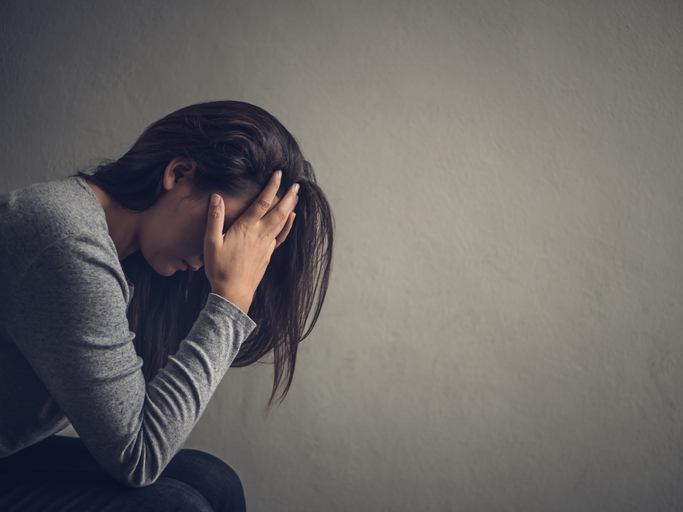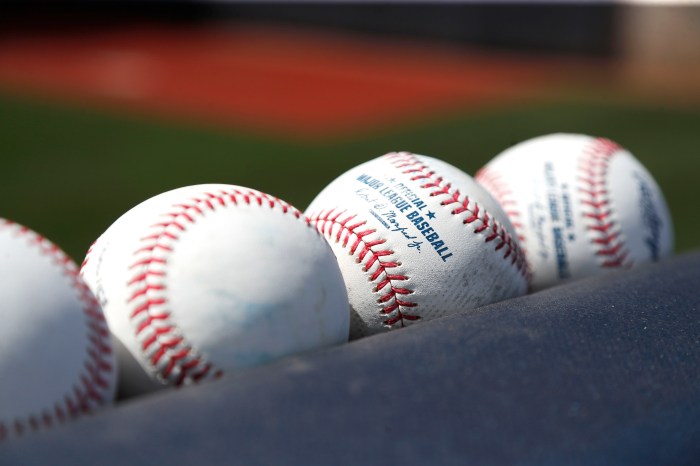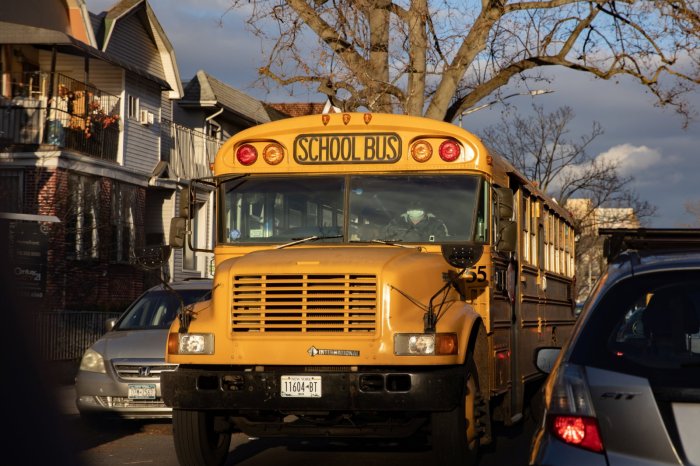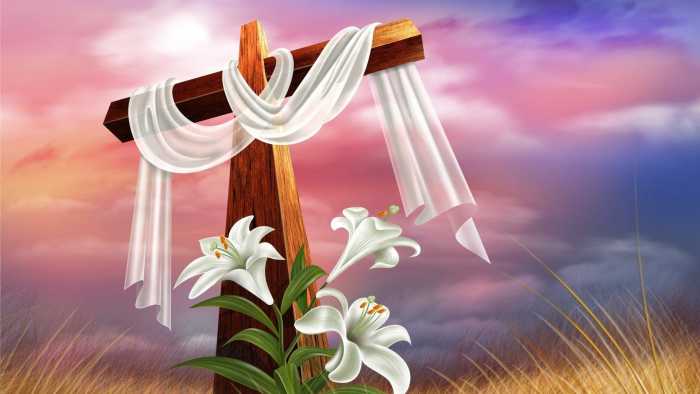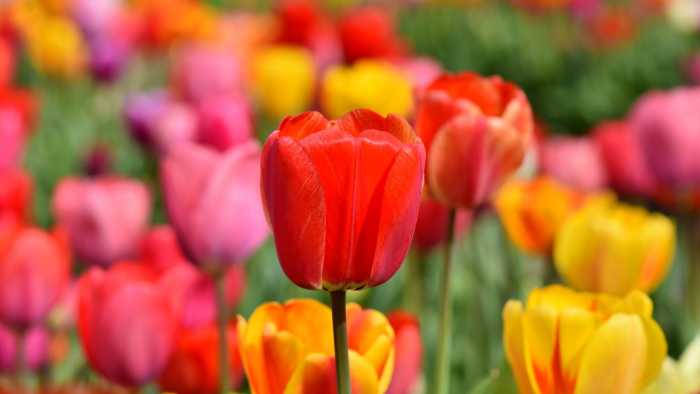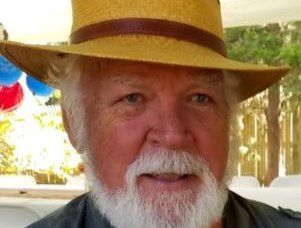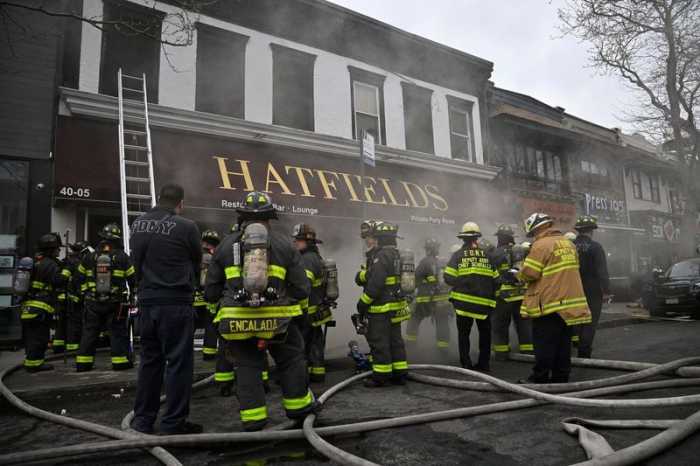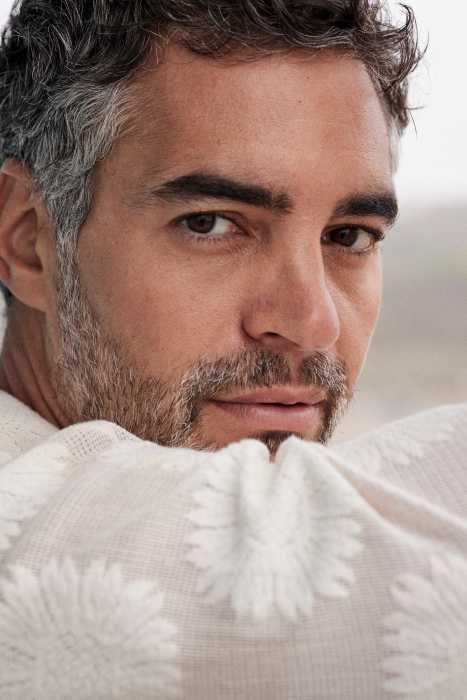The merger of Warner Bros. and Discovery may spell the end of the road for Stanley Tucci’s CNN series Searching For Italy.
And that’s a good thing.
Though billed as a culinary journey up and down the Italian peninsula, Tucci’s oeuvre was more derogatory than celebratory, allowing him to intersperse stereotypes with left-leaning tropes.
In an interview with Christiane Amanpour prior to the segment on Calabria, the actor fixated on the criminal ‘Ndrangheta, clan.
What about Calabria’s 3,000-year-old history? Or the fact that this region was originally called Italia in antiquity?
Rome’s first emperor Caesar Augustus, the founder of the Pax Romana, was born Gaius Octavius Thurinus, pointing to a paternal family origin in Calabria. Augustus remained proud of his birth name, for Thurii had been founded by Pericles of Athens.
Tucci barely noted Calabria’s role as the epicenter of Magna Graecia (Greater Greece), ignoring the 50th anniversary of the discovery of the Bronzi di Riace statues — as well as the museum housing the Hellenic warriors: the Museo Archeologico Nazionale.
Nor did he visit Reggio Calabria’s lungomare (seafront), which poet Gabriele D’Annunzio hailed as il piu bel chilometro d’Italia – the most beautiful kilometer in Italy.
And how could “The Devil Wears Prada” thespian forget that Gianni Versace was a scion of the selfsame city?
Why did Stanley bypass Crotone, the “Urbs antiquissima” where Pythagoras established his school?
What the Hellas was Tucci thinking?
Stanley took a bite of one of Tropea’s juicy red onions but did not reveal that this seaside resort situated on the Coast of the Gods was voted il borgo più bello d’Italia (the most beautiful village in Italy).
He shunned resplendent Pizzo Calabro and Scilla, the little Venice of southern Italy.
In 2017, The New York Times cited Calabria as one of the world’s 52 top travel destinations, but Tucci was oblivious to this fact.
Travel & Leisure Magazine recently lauded the 55-kilometer Kalabria Coast-to-Coast hiking trail.
Was Stanley even aware that Calabria is considered Europe’s largest botanical garden and one of the EU’s richest zones for biodiversity?
Tucci also failed to note that the Parco Nazionale della Sila boasts Europe’s purest air. Virgil and Cicero were enthralled by la Sila’s unspoiled beauty.
Historian Donald R. Dudley once detailed how this verdant plateau provided the timber that built the ships that made the Mediterranean a Roman mare nostrum.
And mirabile dictu: Calabria is home to impressive ski resorts: Camigliatello Silano, Lorica, Palumbosila and Gambarie d’Aspromonte.
In an earlier jaunt to London, a metropolis founded by the Romans, Tucci had showcased the city’s Italian culinary presence, visiting Chef Francesco Mazzei’s Sartoria restaurant for mouth-watering Calabrian fare.
But instead of underscoring the ancient Italian link to the sceptered isle, Stanley huffed and puffed about Benito Mussolini.
Tucci was likely unaware of Queen Elizabeth II’s address to the Italian Parliament in 1980: “I want to thank your nation for bringing civilization to my people.”
Former UK Prime Minister Boris Johnson owes much of his recovery from Covid-19 to Dr. Luigi Camporota, a specialist in critical care medicine and respiratory ailments. Dr. Camporota hails from Catanzaro, the same hometown as the 1975 Nobel Prize winner in Physiology or Medicine, Renato Dulbecco.
Dr. Francesco Crucitti, the surgeon who saved Pope John Paul II’s life following an assassination attempt, was born in Reggio Calabria.
Today, Dr. Antonella Polimeni, who has family roots in Calabria, heads the Sapienza University of Rome (La Sapienza – Università di Roma), one of Europe’s largest and one of the world’s oldest and most prestigious universities.
When the Western world was engulfed in a sea of darkness following the fall of the Roman Empire, Cassiodorus of Squillace preserved the manuscripts of antiquity in the library of Vivarium.
When Galileo Galilei was persecuted for upholding the heliocentric theory, the philosopher, Tommaso Campanella of Stilo rose to his defense. Campanella also sparked the Calabrian Revolt, an uprising against the tyranny of the occupying Spaniards.
Dante Alighieri lauded Gioacchino da Fiore, of San Giovanni in Fiore, “the Calabrian with the gift of prophecy” in Canto XII of The Divine Comedy.
Francis Bacon praised Bernardino Telesio as “the first of the moderns” for his pioneering work in the natural sciences at the Academy of Cosenza.
Anton Calabres, who sailed alongside Christopher Columbus when the Admiral of the Ocean Sea journeyed to the New World, was a Calabrian mariner of great courage and renown.
In 1844, Attilio and Emilio Bandiera, who had come to Calabria to stage a rebellion against Bourbon rule, were captured and arrested. As the brothers were about to be executed, they shouted “Viva l’Italia!,” a rallying cry heard ‘round the world, setting the stage for Garibaldi, Cavour and Mazzini.
Though Tucci remarked that “Calabria is full of good people,” he neglected to mention
Calabria’s Ferramonti camp that shielded Jews from Hitler’s Final Solution. Indeed, citizens of the nearby village of Tarsia gave them succor by building a library, a nursery, a theatre, an infirmary and even a synagogue.
Stanley Tucci missed an exquisite opportunity to enlighten the world about this fabled Italian region that is a feast for the mind, body, and soul.




